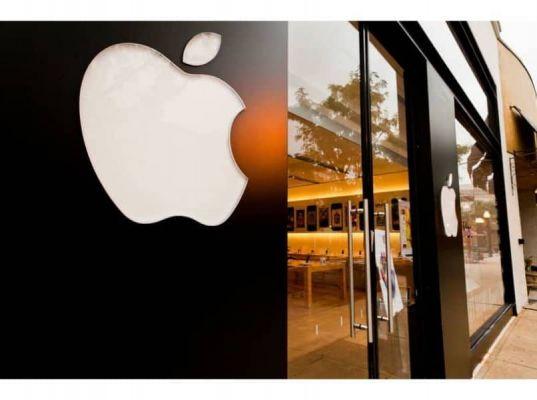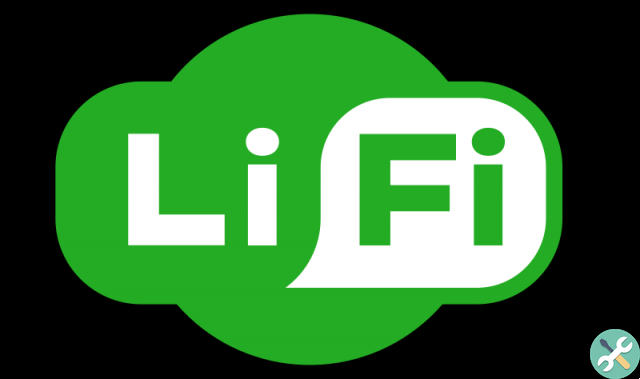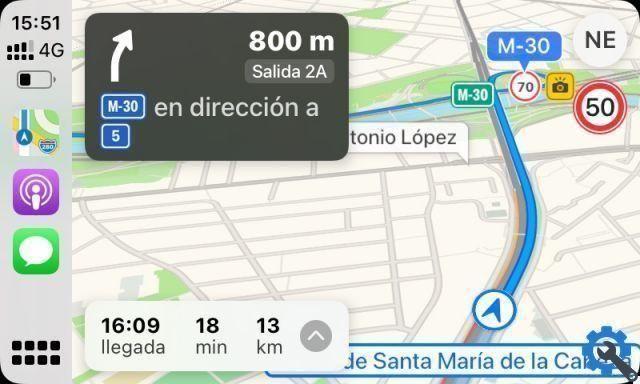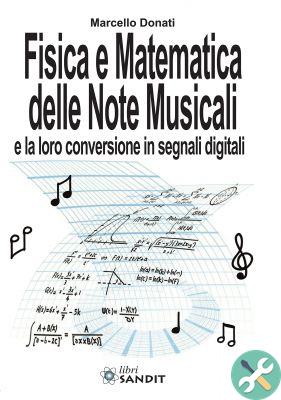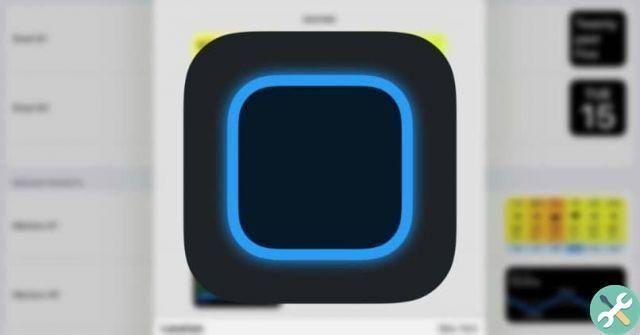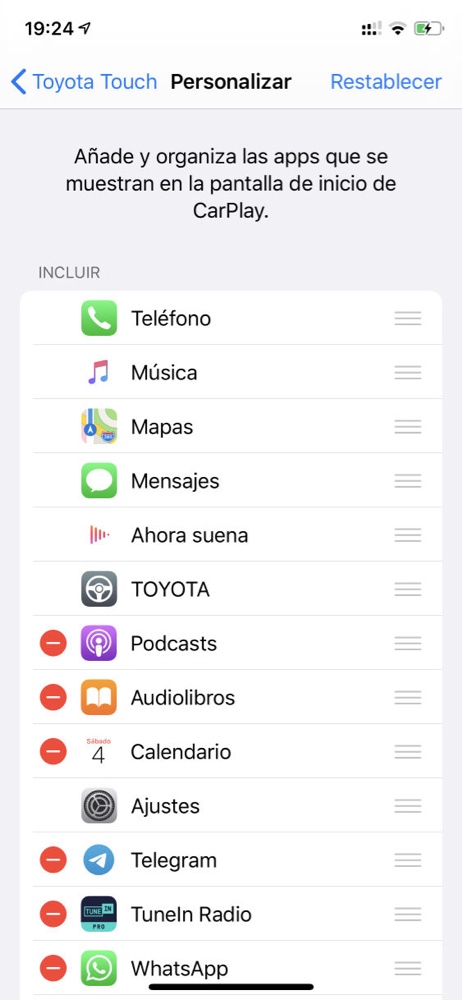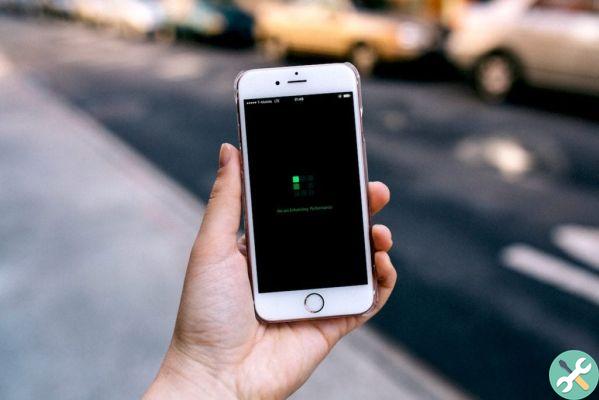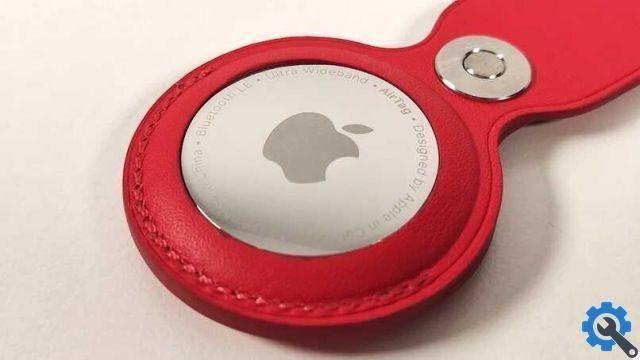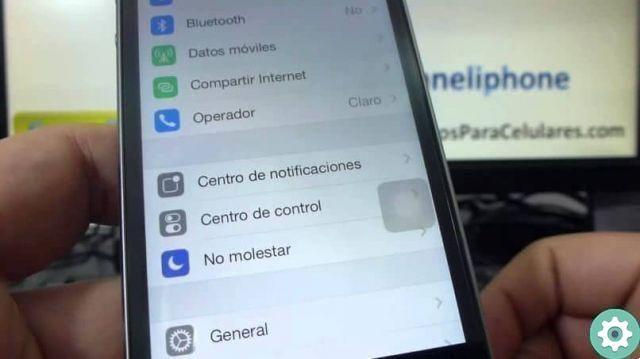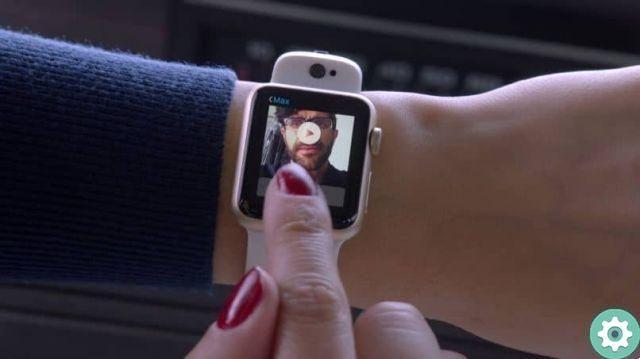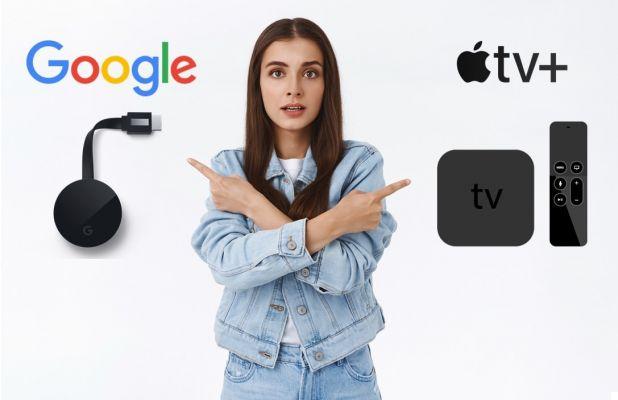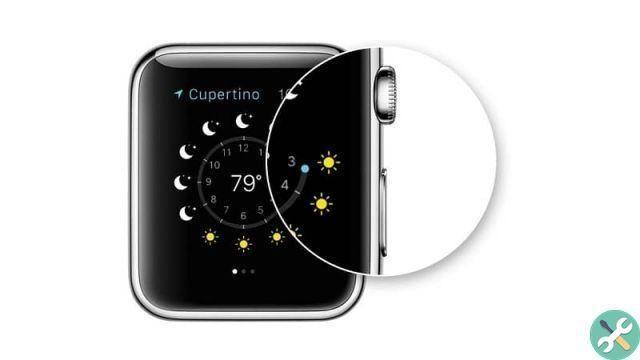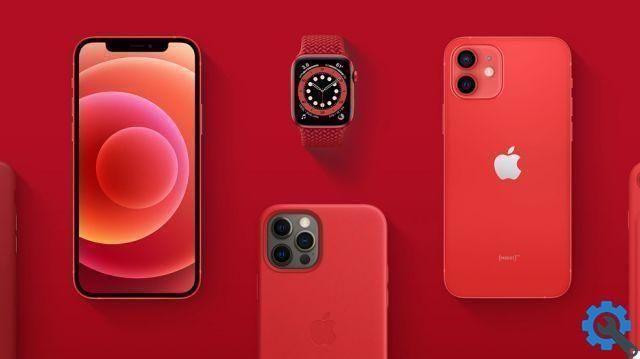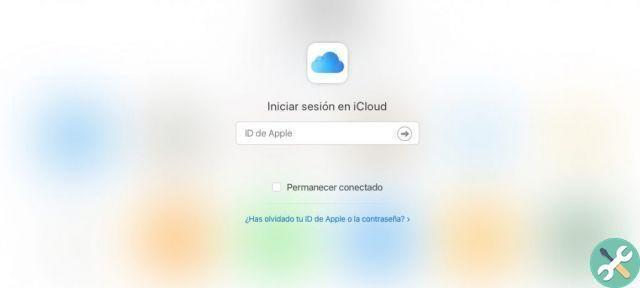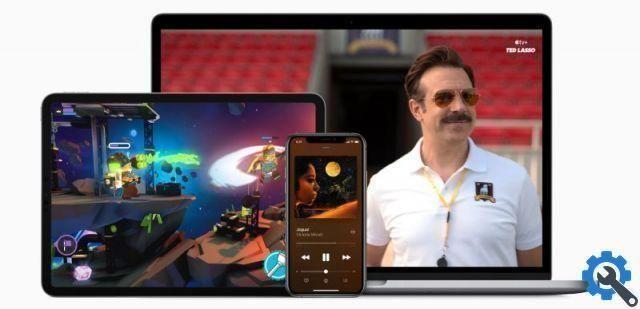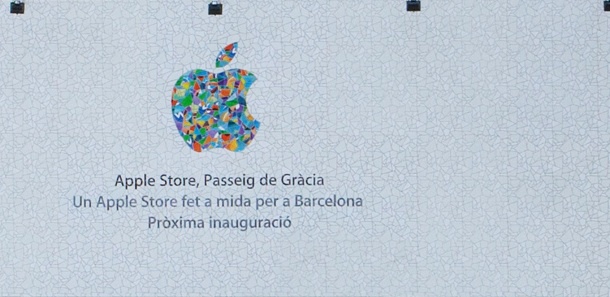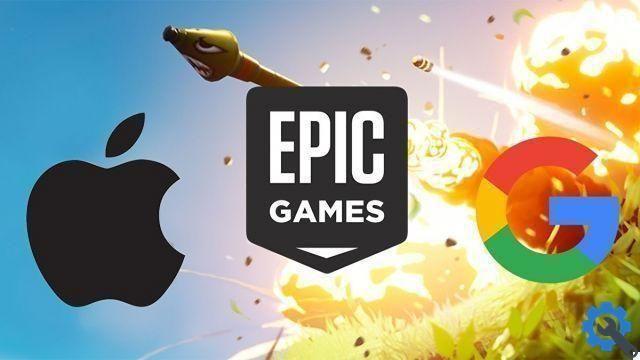
You already know that we are updating the news of the Epic Games trial against Apple here, but I have decided to extract this request from the (very long) article on the trial for two reasons: if the answer is positive or negative, the story will be short and, in secondly, it further accentuates what we have emphasized on more than one occasion (every time we have the opportunity, in fact): the case that Epic Games has assembled is full of contradictions.
As part of the lawsuit brought by Epic Games against Apple, it filed a motion asking the judge to rule on one of the ten charges brought by Epic Games against Apple.
Specifically, Apple wants the judge to rule on the claim that iOS is an "essential service" and denies Epic's claim that it has been illegally denied access (to iOS) by banning it from the App Store.
The claim, contained in the logs as "Count 2", refers to Epic's argument that it banned access to iOS, which claims it is an "essential commodity" due to the fact that it blocked access to the 'App Store. That point specifically accuses Apple of violating Section 2 of the Sherman Act through its "illegal denial to Epic and other app distributors of an essential commodity: access to iOS."
If we think of iOS as a "bridge" (...) between iOS developers and users, what Epic asks is that you can use the bridge at any time of the day at no cost and without limitations in terms of access.
Translated from Apple's request to dismiss that point of the lawsuit
Apple is asking the court to issue a ruling because of Epic's inability to "substantiate its theory of the essential good factually, legally or expertly" and that it has virtually abandoned any attempt to do so. Apple also cites the testimony of one of Epic's witnesses, who during the trial on the App Store said that none of the above referred to something that could be called an "essential commodity".
Epic experts have not assessed whether iOS is an essential commodity or whether Epic has been denied access to iOS. In contrast, Dr. Evans admitted in his direct testimony that Epic and other developers have "access to tools and permissions to write apps on iOS".
And on the stand, Dr. Evans admitted that he "expressed no opinion on anything with the term essential good in this case."
In its brief, Apple states that the iOS App Store iOS can be easily replicated and duplicated and, according to the court's definition, iOS is not an essential commodity. Apple goes on to say that essential means "essential" not what is "best" or "most profitable or preferable".
Apple removed Fortnite and denied Epic access to its developer account last August after violating App Store rules. Before the court, Apple reiterated that Epic has access to the App Store, despite its claim that it has been illegally prevented from accessing an "essential good", as long as it follows the same rules accepted by all developers.
Apple says the real argument of Epic Games is not that it has been illegally banned from the App Store and iOS, but that it doesn't like the terms and conditions that developers have to follow on the platform.




